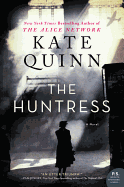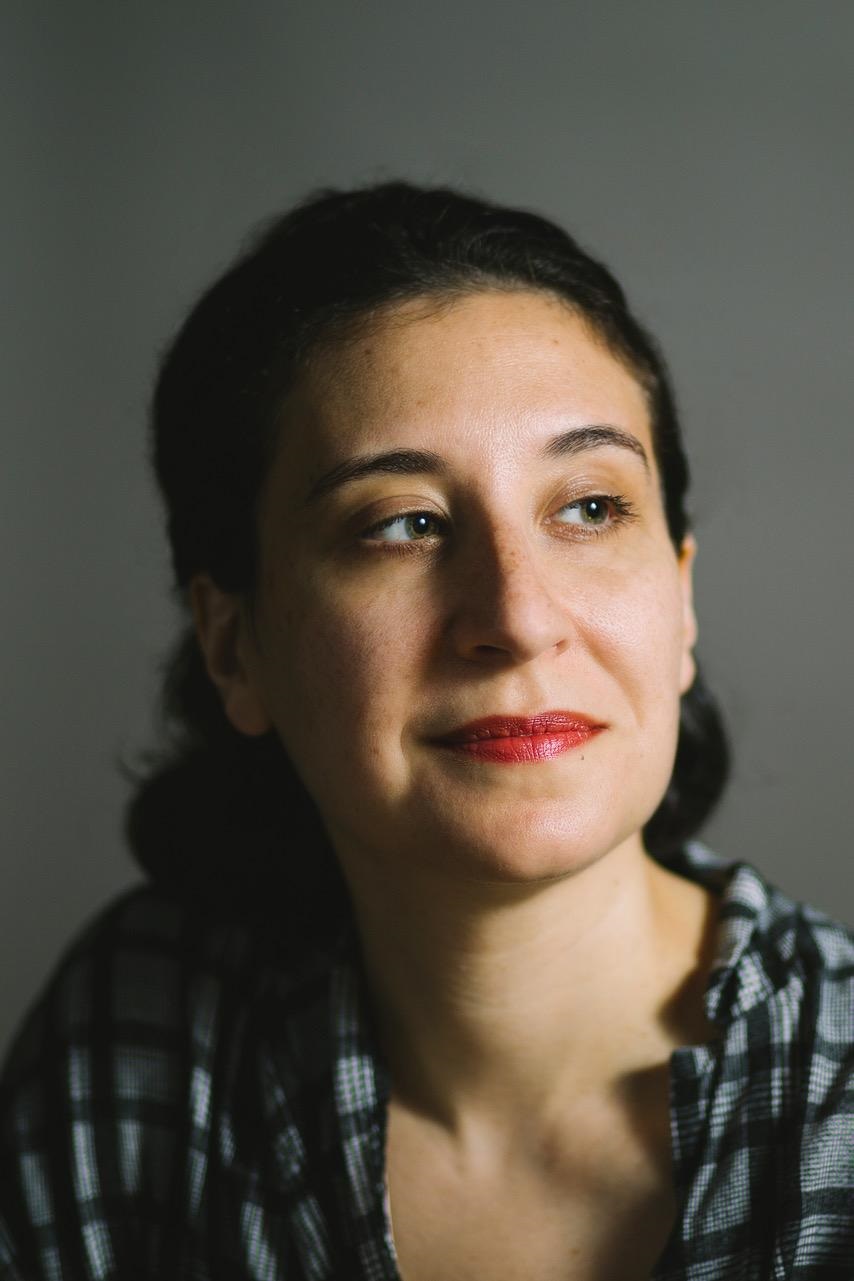 |
| photo: Lauren Pisano |
Juliet Lapidos is a senior editor at The Atlantic. Previously she was the op-ed editor of the Los Angeles Times, a staff editor on the opinion section of the New York Times and a culture editor at Slate. Her first novel, Talent (Little, Brown, January 22, 2019), is a wickedly caustic tale of a grad student in search of inspiration who stumbles on a literary treasure.
On your nightstand now:
The Story of the Stone, Part III by Cao Xueqin, an 18th-century epic novel. I'm a rules-based reader and one of my rules is that I must always be in the middle of a series. I've read Dance to the Music of Time by Anthony Powell, The Hunger Games by Suzanne Collins, The Sea of Fertility by Yukio Mishima and many others. I read one volume/installment per year, stretching out the process. Story of the Stone, also known as Dream of the Red Chamber, fits the bill. In my inexpert opinion, it's uneven, great in spots (especially the lurid and supernatural spots), dull in others (how much slice of life can a person handle?). But another one of my rules is that I must finish every book I start, so I have two more volumes to go after this one.
Favorite book when you were a child:
The Phantom Tollbooth by Norton Juster. I haven't read it for years, but I still remember many moments clearly--like when the Mathemagician serves the stew that stokes, rather than sates, Milo's appetite: The more he eats, the hungrier he gets.
Your top five authors:
Doris Lessing, Henry Fielding, Marcel Proust, Yukio Mishima, Jane Austen. (But I'm sure I'd answer the question differently tomorrow, and would have answered it differently yesterday.)
Book you've faked reading:
A People's History of the United States by Howard Zinn. I feel as though I have read it, but I have not in fact read it.
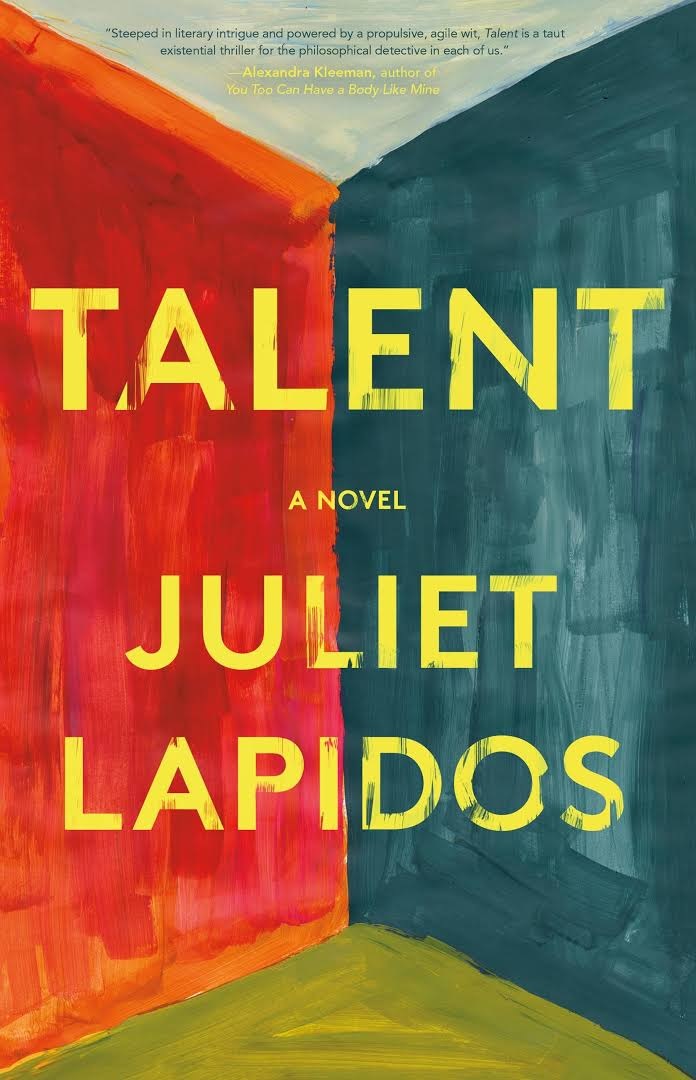 Book you're an evangelist for:
Book you're an evangelist for:
Lucky Jim by Kingsley Amis, the funniest work of art ever produced in any medium. Trust me.
Book you've bought for the cover:
I've never done this, unless you count the time I gave away my beat-up copy of Catch-22 and replaced it with a nicer edition (with a nicer cover).
Book you hid from your parents:
The Bible Code by Michael Drosnin. My parents were not into book-banning but I was rather embarrassed to be reading a book that purported to find a code in the Bible.
Book that changed your life:
If I had not been reading The Dispossessed by Ursula K. Le Guin on the subway, I would not have missed my stop and would not have met my husband on the opposite track while waiting for the next train. In this way, The Dispossessed literally changed my life. Except it didn't because that didn't happen, but it's a nice story, and I do like The Dispossessed (or my memory of it; it's been a while).
Favorite line from a book:
"In the beginning was the Word, and the Word was with God, and the Word was God." I have it on good authority that John was referring to Jesus, but--no matter--he captured beautifully the now what-else-is-new observation that language is essential to consciousness.
Close runner-up: "One day I got an urge to go and check up on the outside world myself. Nothing much to report." That's from Tom McCarthy's Remainder and, as Zadie Smith explains in her essay on the novel, it's a fantastically dry way to skewer traditional realist descriptive passages.
Five books you'll never part with:
I won't part with any book, but the first five books on my bookshelf (arranged chronologically) are: The Epic of Gilgamesh, the Bible (King James translation), the Bible (New Jerusalem), The Iliad by Homer, The Odyssey by Homer.
Book you most want to read again for the first time:
Mating by Norman Rush brought me an enormous amount of pleasure--ditch plans with friends type of pleasure.
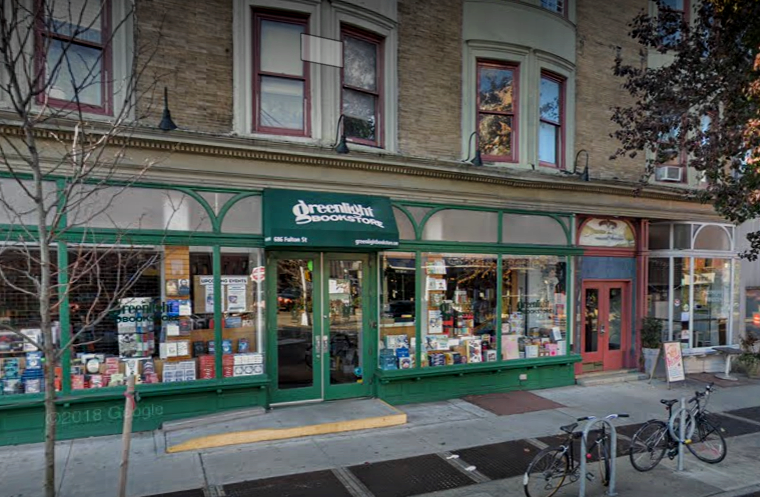










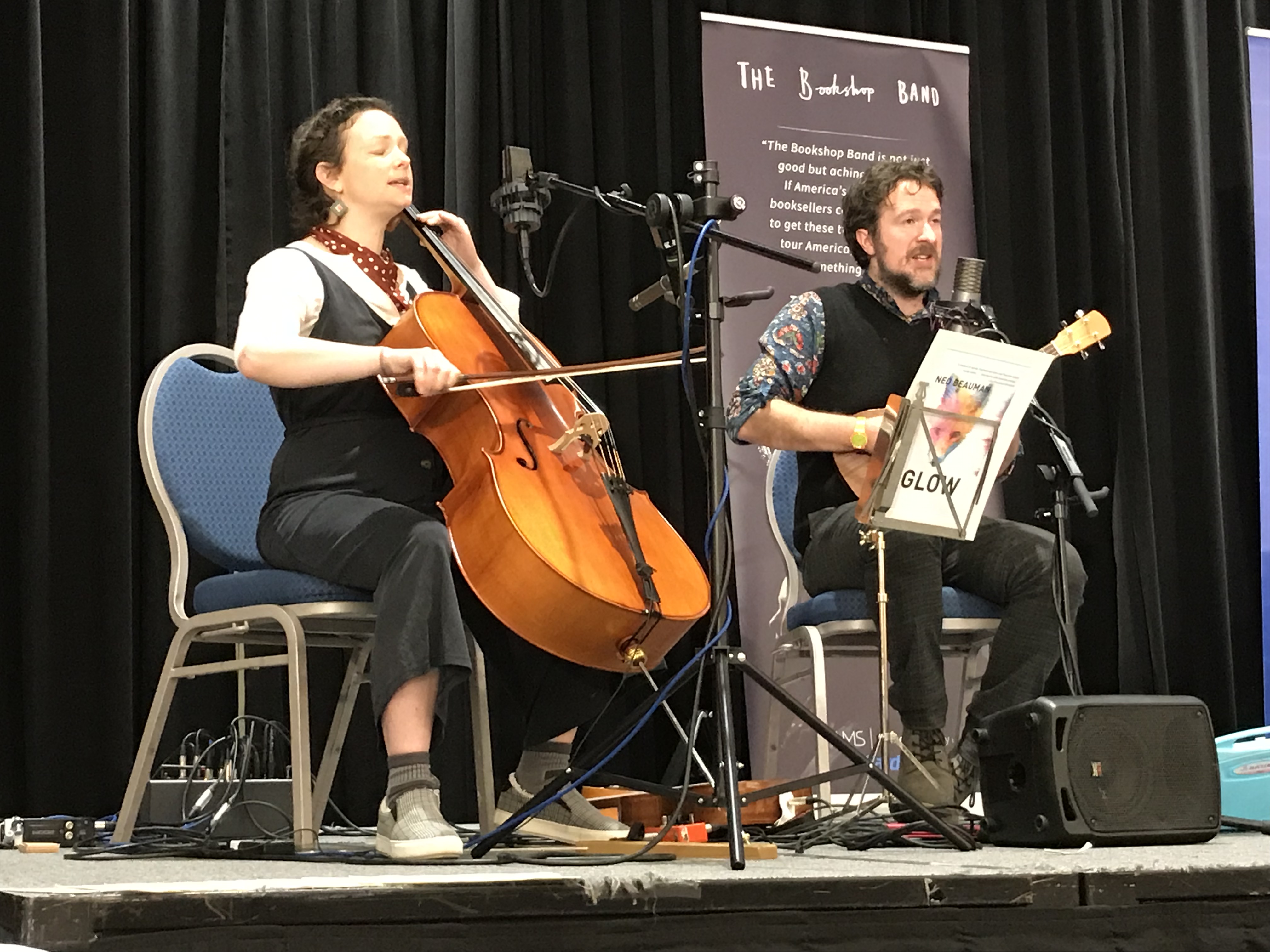 To great applause, the
To great applause, the 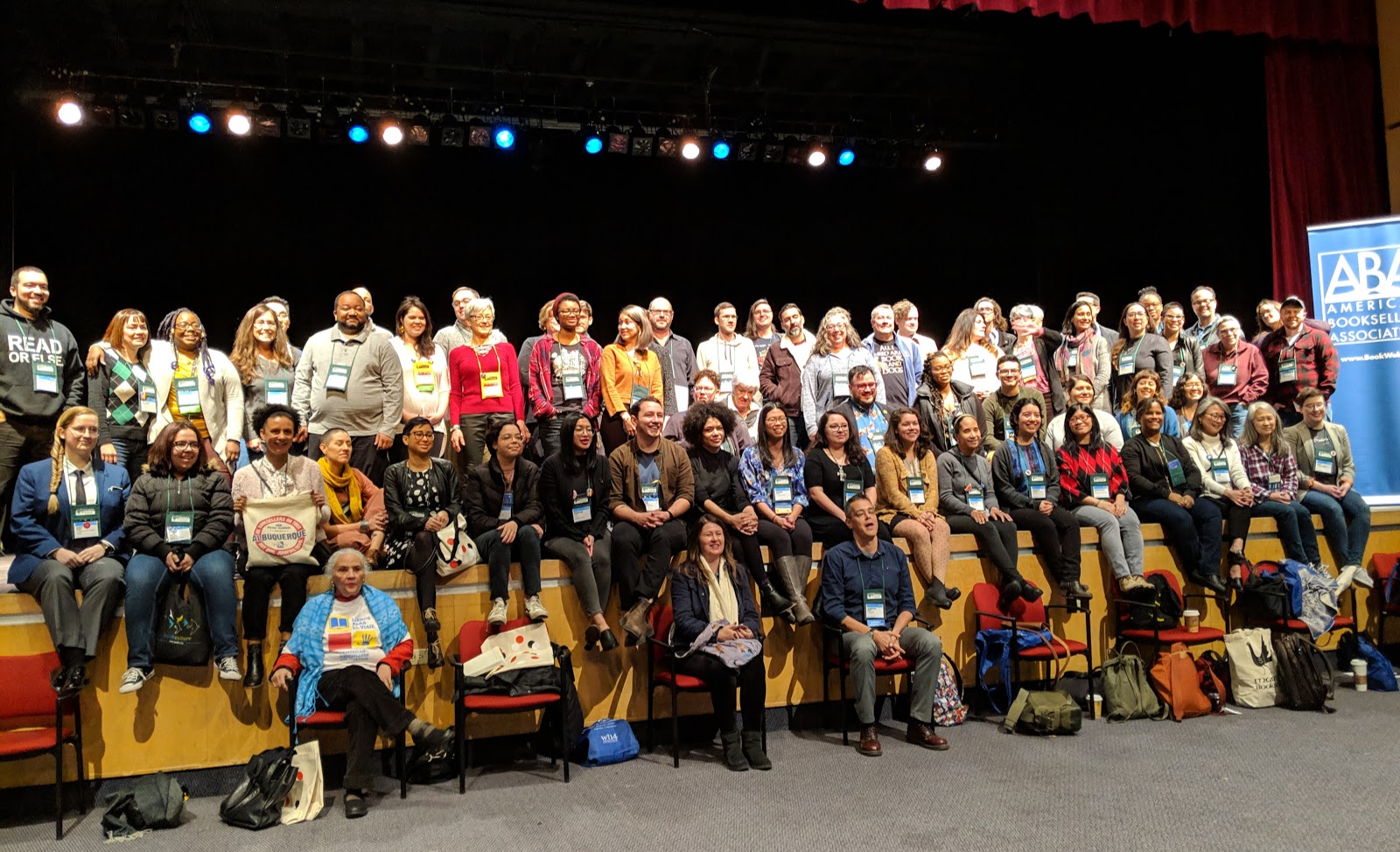 After yesterday's Town Hall meeting, the ABA's Diversity Committee asked everyone who self-identifies as diverse to gather on stage for a celebratory photo.
After yesterday's Town Hall meeting, the ABA's Diversity Committee asked everyone who self-identifies as diverse to gather on stage for a celebratory photo.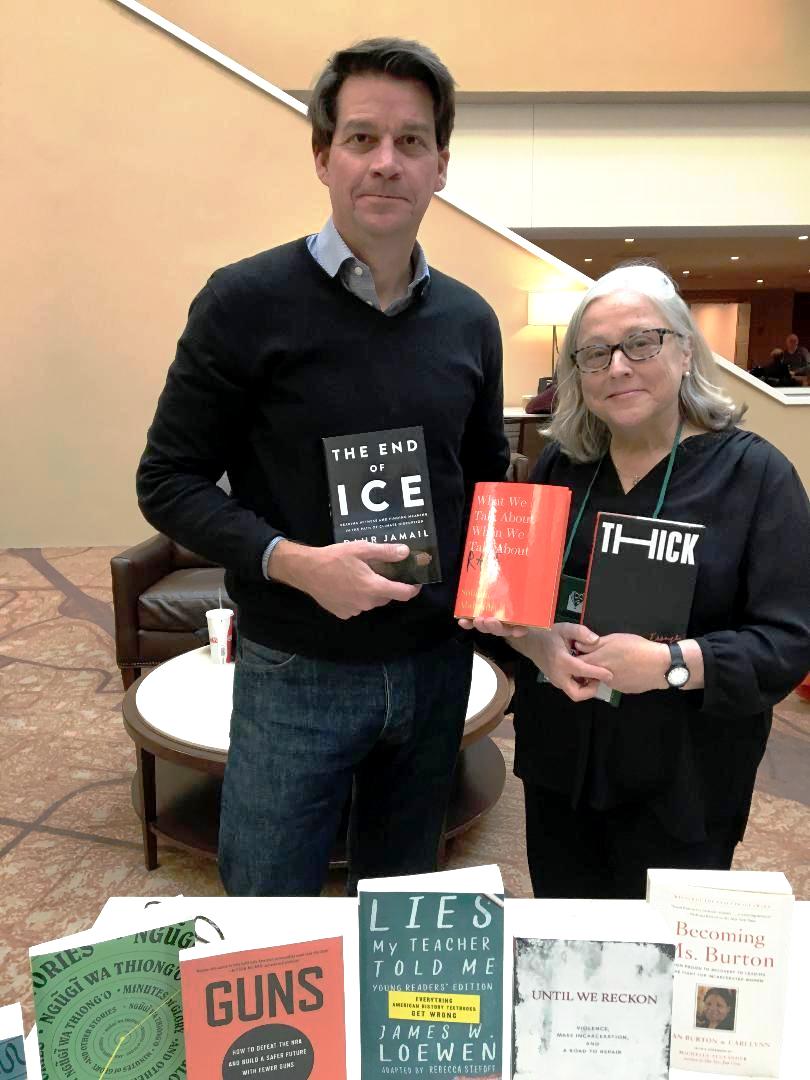 At Wednesday's Speed Dating session for the New Press, Ingram's chief content officer Phil Ollila filled in for sales director Sharon Swados, whose flights were canceled, and helped present New Press titles with publisher Ellen Adler. Word on the floor was that he was "a natural."
At Wednesday's Speed Dating session for the New Press, Ingram's chief content officer Phil Ollila filled in for sales director Sharon Swados, whose flights were canceled, and helped present New Press titles with publisher Ellen Adler. Word on the floor was that he was "a natural."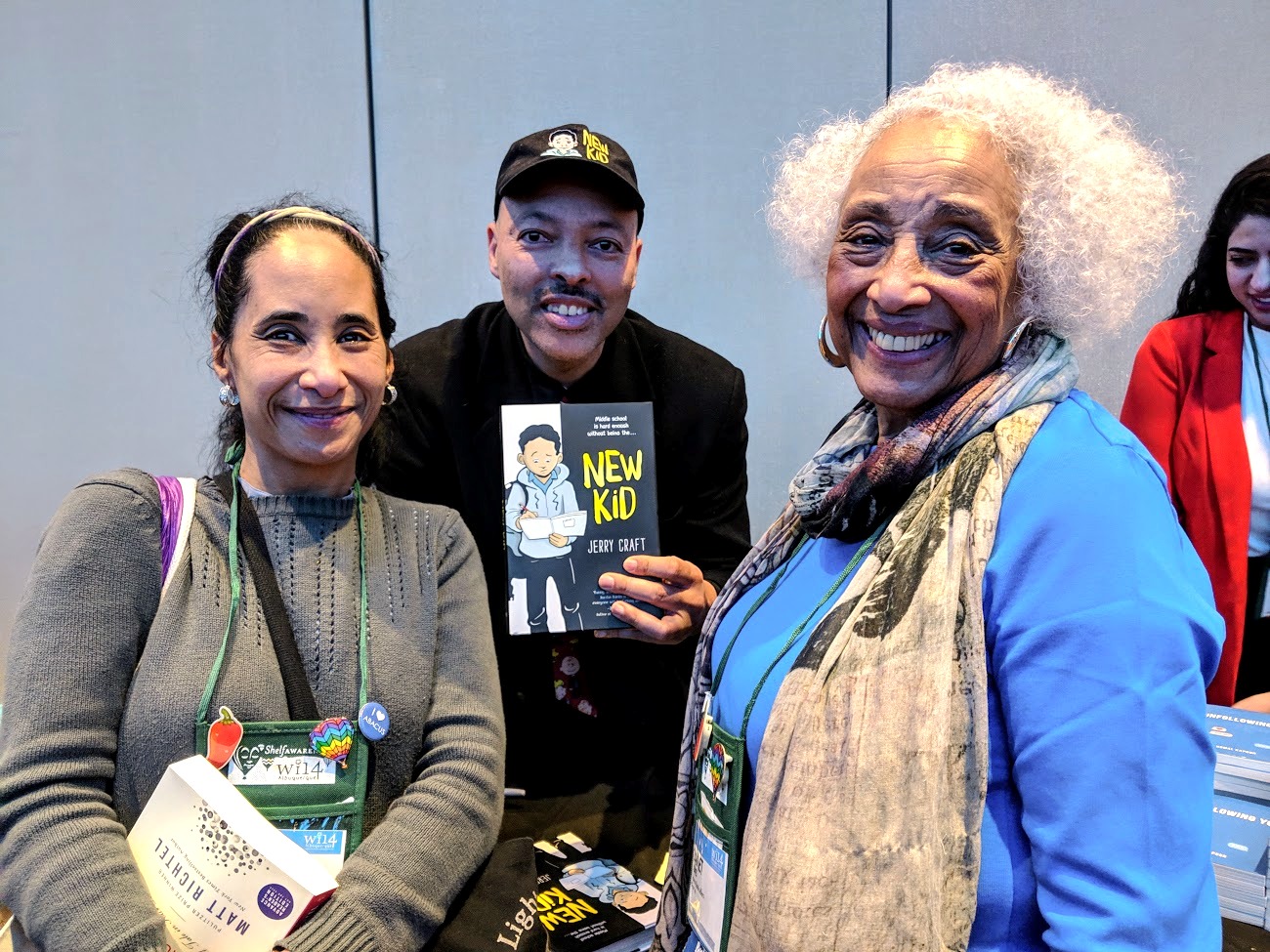 At the Author Reception yesterday, Alyson Turner (l.) and Janet Jones of Source Bookstore in Detroit with Jerry Craft and his forthcoming middle grade novel, New Kid (HarperCollins, Feb.)
At the Author Reception yesterday, Alyson Turner (l.) and Janet Jones of Source Bookstore in Detroit with Jerry Craft and his forthcoming middle grade novel, New Kid (HarperCollins, Feb.)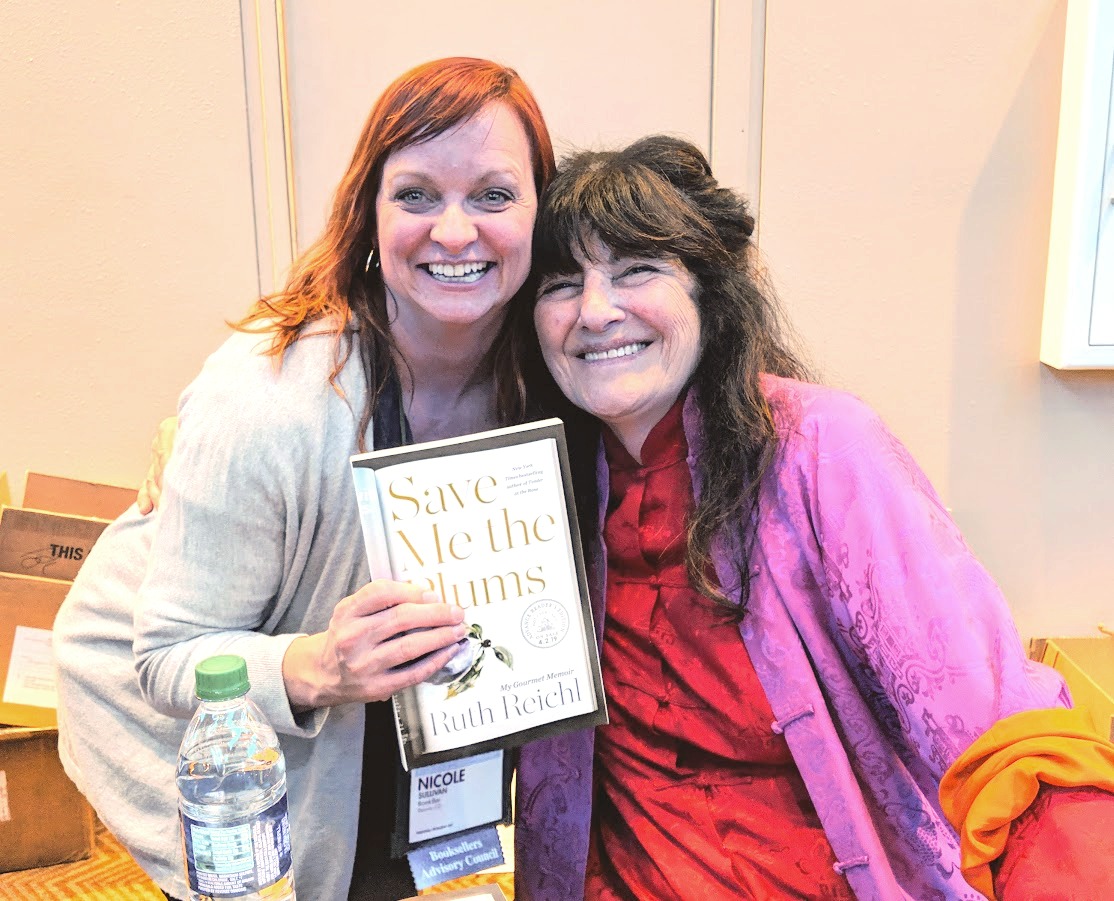 Nicole Sullivan of BookBar in Denver with Ruth Reichl, whose new memoir, Save Me the Plums, will be published by Random House in April.
Nicole Sullivan of BookBar in Denver with Ruth Reichl, whose new memoir, Save Me the Plums, will be published by Random House in April.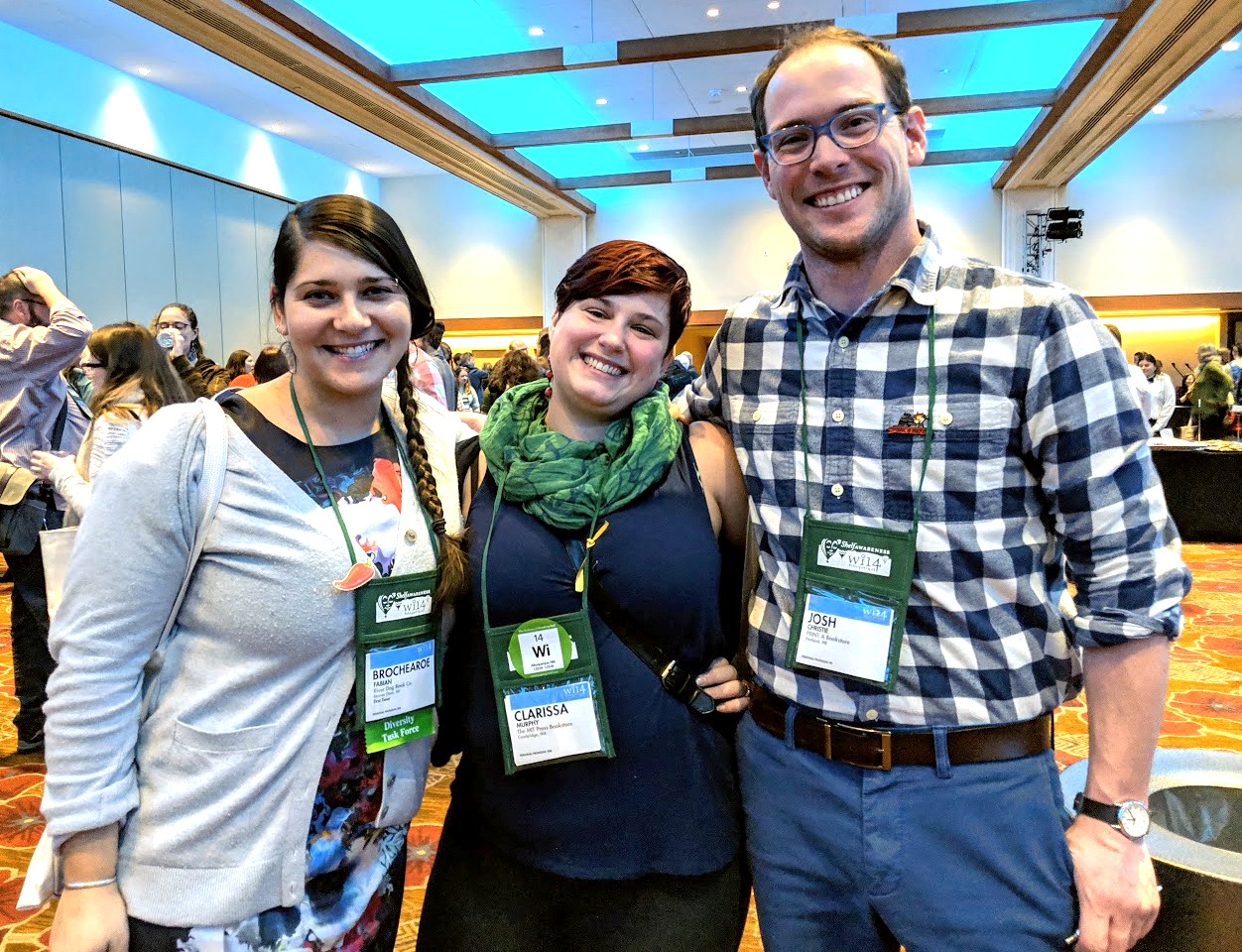 BrocheAroe Fabian of River Dog Book Co. in Beaver Dam, Wis., Clarissa Murphy, MIT Bookstore, Boston; and Josh Christie, Print: A Bookstore in Portland, Maine, at the Author Reception.
BrocheAroe Fabian of River Dog Book Co. in Beaver Dam, Wis., Clarissa Murphy, MIT Bookstore, Boston; and Josh Christie, Print: A Bookstore in Portland, Maine, at the Author Reception.
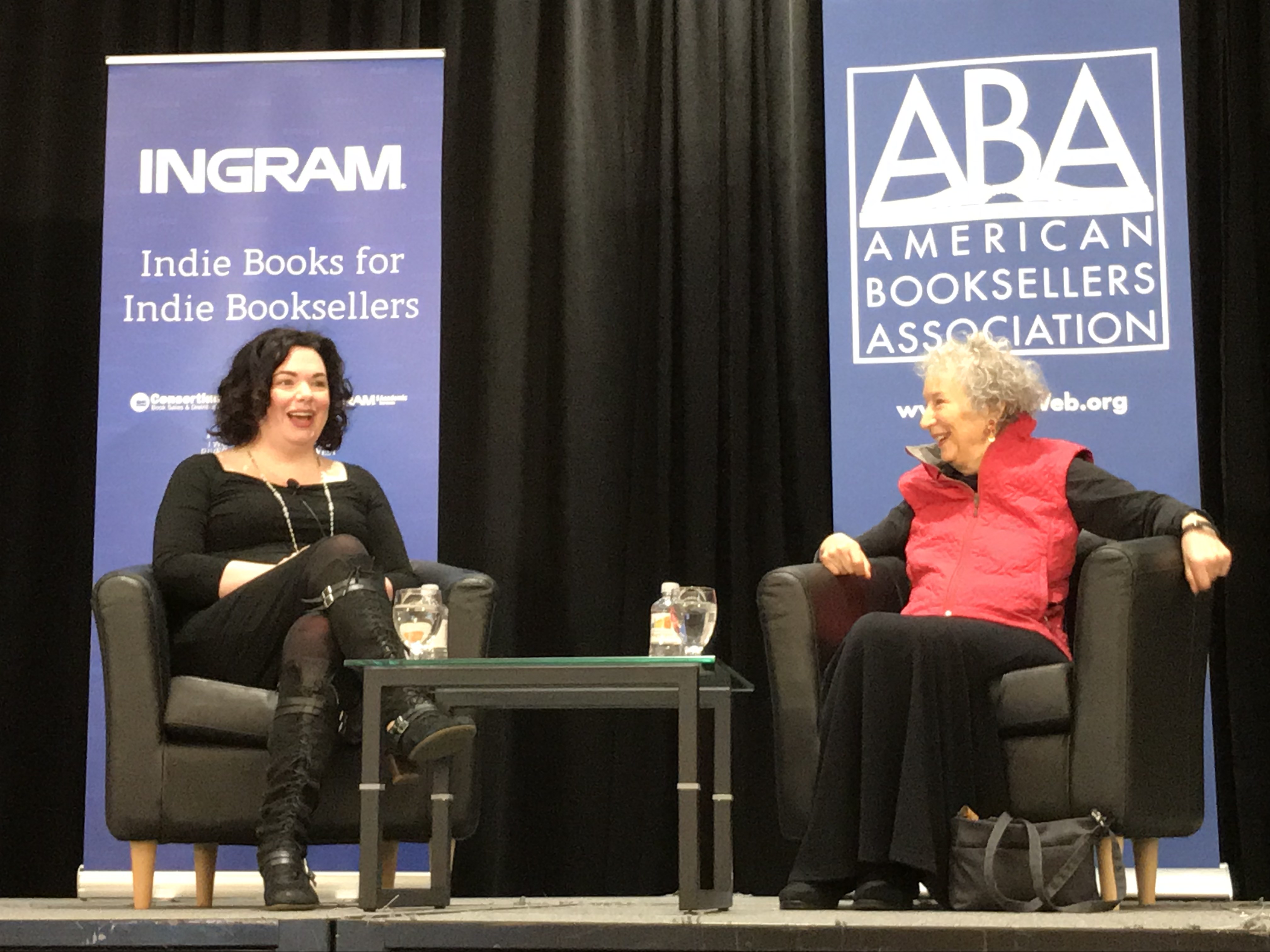

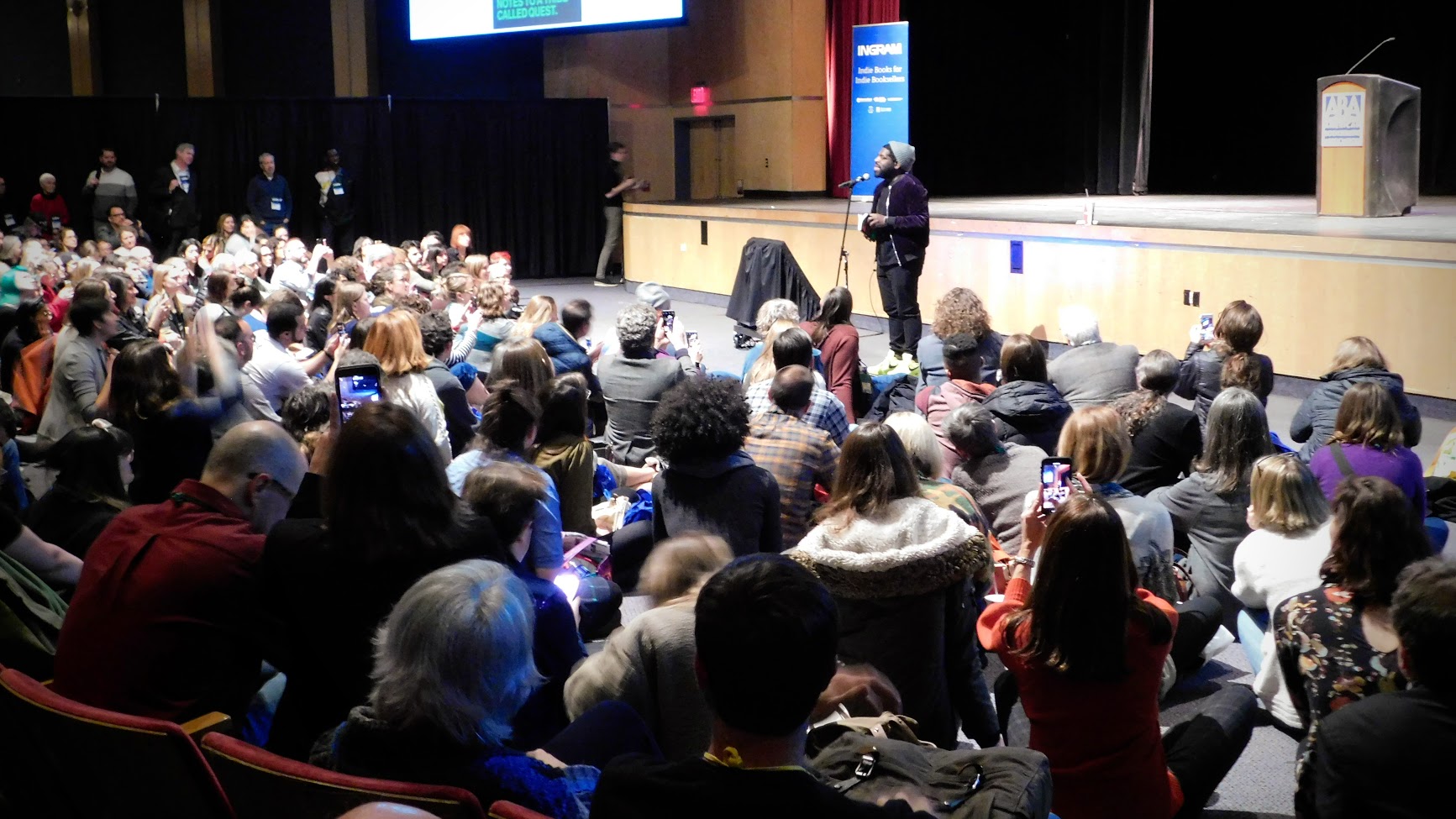 Hanif Abdurraqib opened the Wednesday afternoon keynote by reading from his new book, Go Ahead in the Rain: Notes to A Tribe Called Quest (University of Texas Press), then said: "I thought it would be cool to read that passage to start out because it's a story that's mostly about a journey back that reading a book took me on. I read Friday Night Lights when I was like 19 and immediately wanted to go to Odessa, Tex., which is very odd, but I think all the time about what is reading if not a way to indulge our foolish passions."
Hanif Abdurraqib opened the Wednesday afternoon keynote by reading from his new book, Go Ahead in the Rain: Notes to A Tribe Called Quest (University of Texas Press), then said: "I thought it would be cool to read that passage to start out because it's a story that's mostly about a journey back that reading a book took me on. I read Friday Night Lights when I was like 19 and immediately wanted to go to Odessa, Tex., which is very odd, but I think all the time about what is reading if not a way to indulge our foolish passions."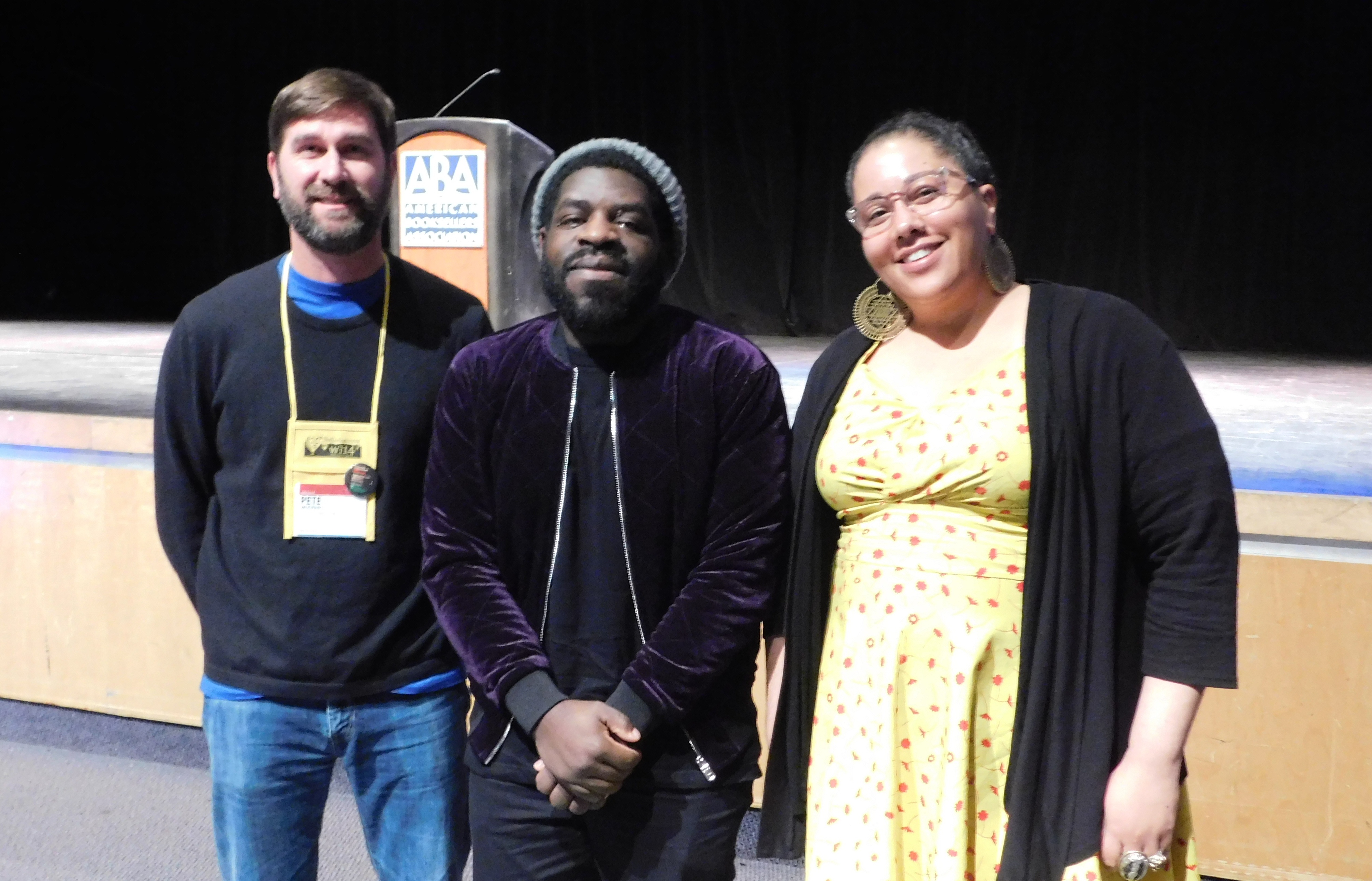
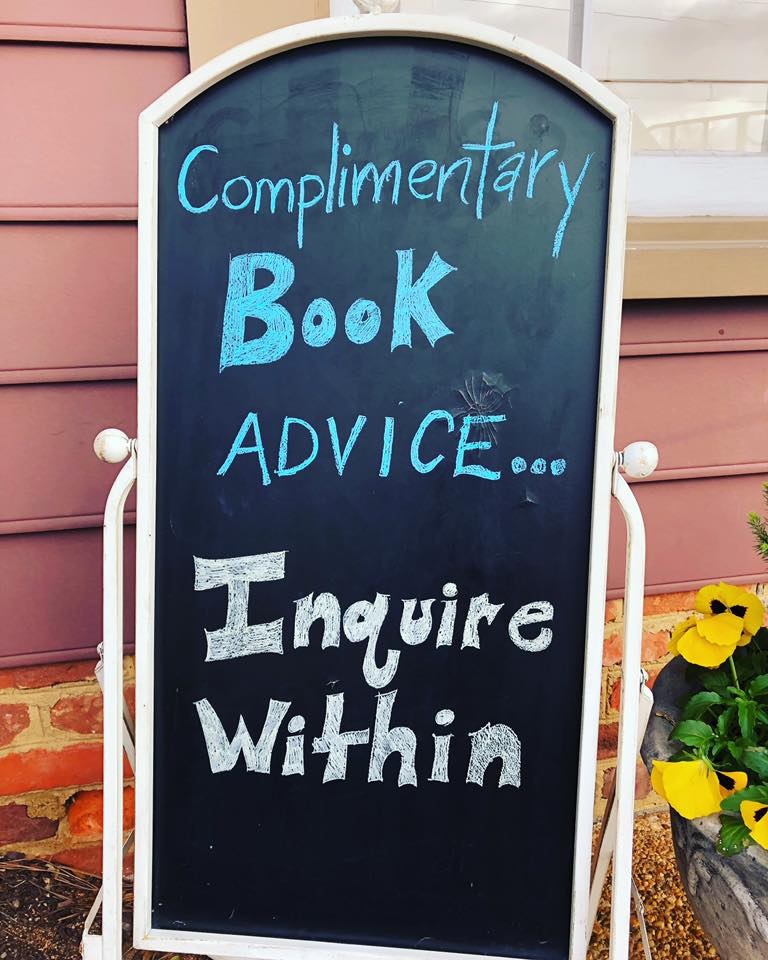
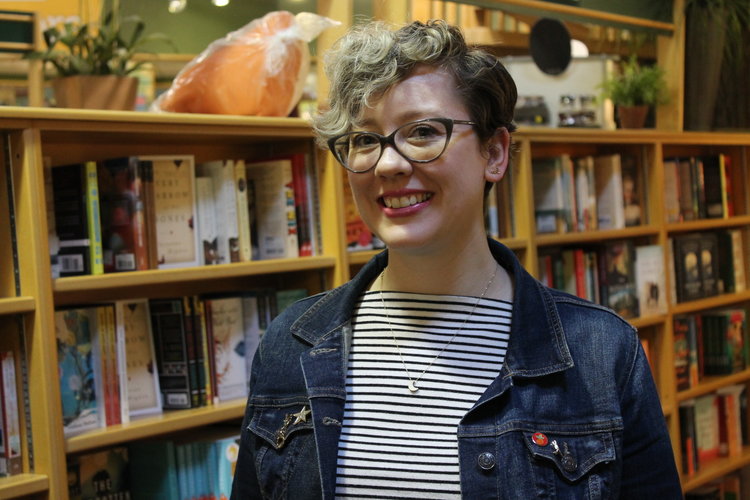 What attracted you to bookselling?
What attracted you to bookselling?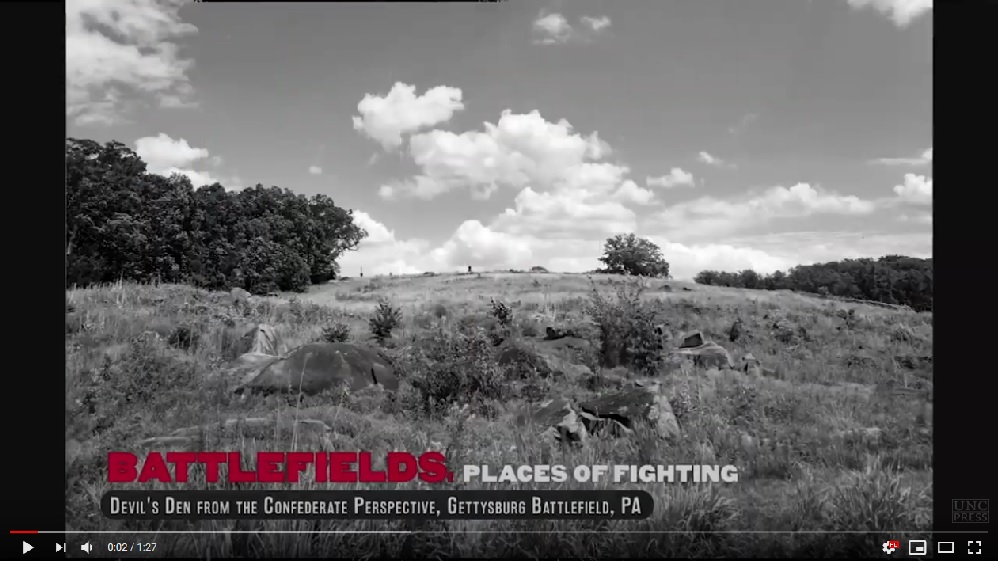 Civil War Places: Seeing the Conflict through the Eyes of Its Leading Historians
Civil War Places: Seeing the Conflict through the Eyes of Its Leading Historians
 Book you're an evangelist for:
Book you're an evangelist for: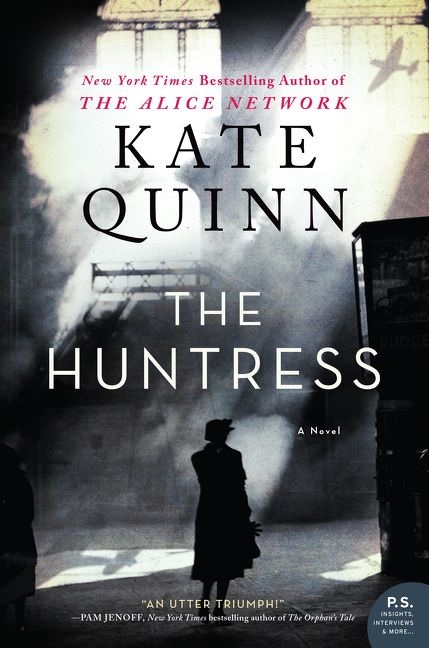 In the aftermath of the Nuremberg trials, most people want to move on from World War II stories. But British journalist Ian Graham, who lost his brother, Sebastian, in the war, has given up writing to spend his life hunting down Nazi criminals. Ian and his business partner, Tony, join forces with Ian's estranged Russian wife, Nina Markova, in a quest to track down Seb's murderer, a woman known as die Jägerin: the Huntress. Kate Quinn's gripping novel follows the trio as their story intersects with that of Jordan McBride, a young aspiring photographer in Boston, and her stepmother, Anneliese, whom Jordan suspects isn't telling the whole truth about her past.
In the aftermath of the Nuremberg trials, most people want to move on from World War II stories. But British journalist Ian Graham, who lost his brother, Sebastian, in the war, has given up writing to spend his life hunting down Nazi criminals. Ian and his business partner, Tony, join forces with Ian's estranged Russian wife, Nina Markova, in a quest to track down Seb's murderer, a woman known as die Jägerin: the Huntress. Kate Quinn's gripping novel follows the trio as their story intersects with that of Jordan McBride, a young aspiring photographer in Boston, and her stepmother, Anneliese, whom Jordan suspects isn't telling the whole truth about her past.